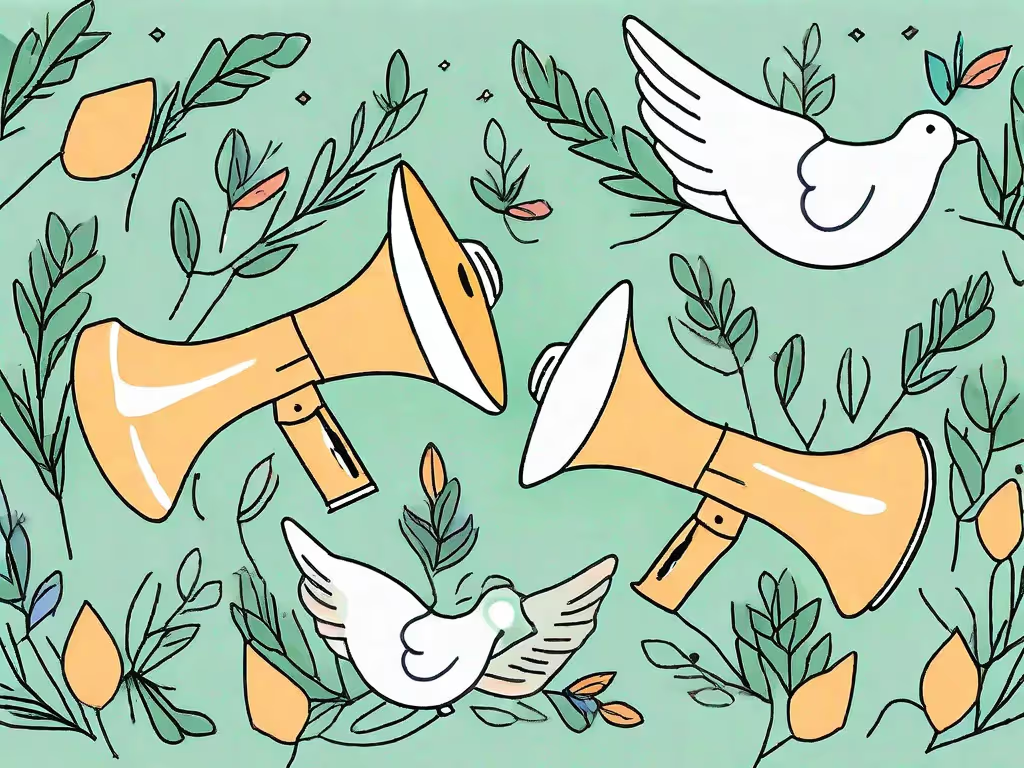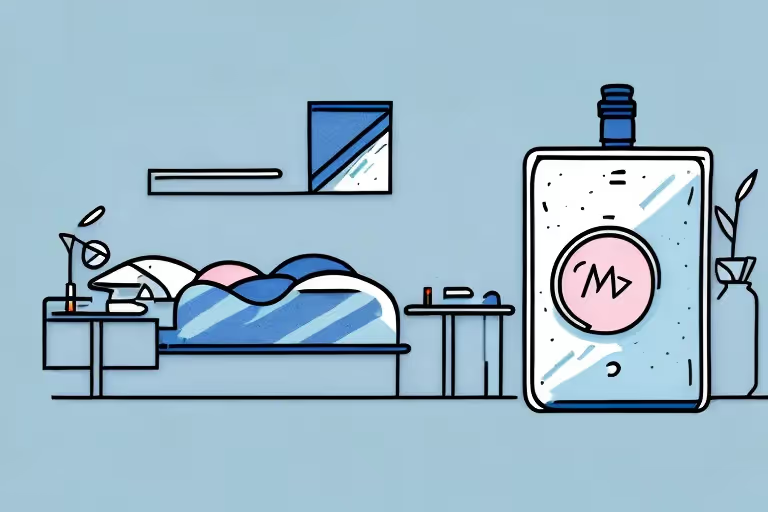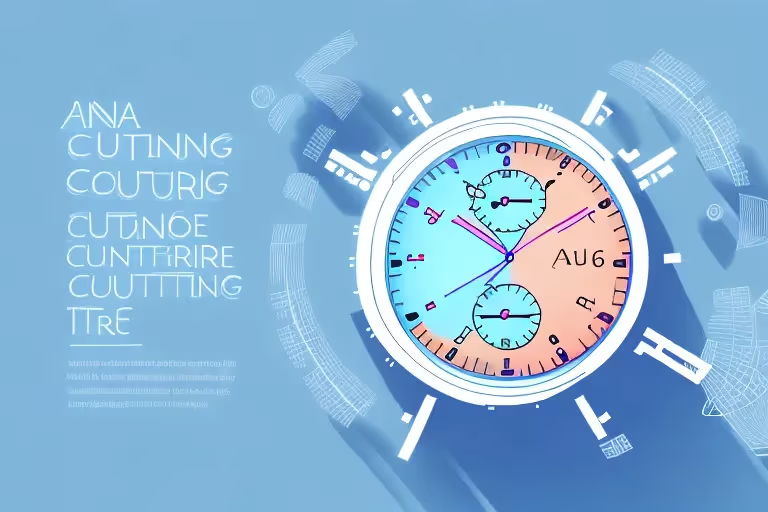Do you find yourself constantly nagging your partner, family members, or friends? Nagging can be a common communication habit, but it often leads to frustration and resentment. Instead of resorting to nagging, it's important to explore alternative strategies for effective communication. By understanding the downside of nagging and embracing healthier communication habits, you can build stronger relationships and create a more positive environment.
Understanding the Downside of Nagging
The Psychological Impact of Nagging
Nagging can have a profound psychological impact on both the person doing the nagging and the person being nagged. Constant criticism and reminders can lead to feelings of inadequacy and low self-esteem. In some cases, it may even contribute to anxiety or depression. It's crucial to recognize and address these negative consequences in order to improve communication.
Furthermore, the psychological impact of nagging can extend beyond just feelings of inadequacy. Research has shown that individuals who are subjected to frequent nagging may develop a heightened sense of stress and frustration. This constant state of tension can negatively affect their overall well-being and mental health. It is important to understand the potential long-term consequences of nagging and take steps to mitigate its harmful effects.
How Nagging Affects Relationships
Nagging can take a toll on relationships, causing frustration and resentment to build over time. It can create a negative atmosphere where both parties feel unheard and unappreciated. This can strain the bond between individuals and erode trust. In order to maintain healthy relationships, it is essential to find alternatives to nagging.
Moreover, the impact of nagging on relationships goes beyond just the immediate emotional strain. It can lead to a breakdown in effective communication and problem-solving. When one person constantly nags, the other may become defensive or withdraw, further exacerbating the issues at hand. This breakdown in communication can hinder the growth and development of the relationship, making it difficult to resolve conflicts or find common ground.
Furthermore, the negative effects of nagging can extend beyond the relationship itself. Friends and family members who witness constant nagging may also be affected, as it creates a tense and uncomfortable environment. This can strain not only the relationship between the nagging individual and their partner but also the relationships within their broader social circle.
In conclusion, understanding the downside of nagging is crucial for maintaining healthy relationships and promoting positive mental well-being. By recognizing the psychological impact of nagging and its detrimental effects on relationships, individuals can seek alternative methods of communication that are more constructive and respectful. It is important to foster an environment of open dialogue, empathy, and understanding in order to build strong and lasting connections with others.
The Importance of Effective Communication
The Role of Communication in Relationships
Communication is the foundation of any healthy relationship. It allows us to express our needs, share our feelings, and resolve conflicts. By fostering open and honest communication, we can cultivate understanding and trust with our loved ones.
Effective communication goes beyond simply exchanging words. It involves active listening, empathy, and non-verbal cues. When we communicate effectively, we not only convey our message clearly but also understand the emotions and intentions behind the words spoken.
The Benefits of Clear and Open Communication
Clear and open communication has numerous benefits. It promotes a sense of mutual respect and understanding, creating a safe space for both parties to express their thoughts and emotions. It also leads to more effective problem-solving and conflict resolution, as issues can be addressed without resorting to nagging or criticism.
In addition to improving relationships, effective communication plays a crucial role in various aspects of our lives. In the workplace, it enhances teamwork and collaboration, leading to increased productivity and job satisfaction. It also helps in building strong and meaningful connections with colleagues and clients.
Furthermore, effective communication is essential in educational settings. It enables students to express their ideas and opinions, fostering a conducive learning environment. Teachers who communicate clearly and engage with their students can inspire and motivate them to achieve their full potential.
Moreover, effective communication is vital in healthcare. It allows healthcare professionals to gather accurate information from patients, leading to better diagnosis and treatment. It also helps in building trust and rapport between doctors and patients, ensuring that patients feel heard and understood.
Beyond personal relationships, effective communication is crucial in society as a whole. It facilitates the exchange of ideas, promotes understanding between different cultures and communities, and fosters social cohesion. Through effective communication, we can bridge gaps, resolve conflicts, and work towards a more inclusive and harmonious society.
Alternatives to Nagging
Using Positive Reinforcement
Positive reinforcement is a powerful tool in communication. Instead of focusing on what someone is not doing, acknowledge and appreciate what they are doing well. By recognizing their efforts and achievements, you can encourage positive behavior and strengthen your relationship.
For example, if your partner takes out the trash without being asked, you can say, "I really appreciate how proactive you were in taking out the trash. It makes a big difference in keeping our home clean and organized."
By highlighting their actions in a positive light, you not only make them feel valued but also motivate them to continue their helpful behavior.
The Power of Active Listening
Active listening involves giving our full attention and genuinely empathizing with the other person. It means not just hearing their words, but also understanding their perspective and validating their emotions. By actively listening, we can build stronger connections and create a more supportive environment.
When you actively listen to someone, you are fully present in the conversation. You maintain eye contact, nod your head to show understanding, and provide verbal cues such as "I see" or "That must have been difficult." This level of engagement shows the other person that you genuinely care about what they have to say.
For instance, if your child is upset about a bad grade, instead of nagging them about studying more, you can actively listen by saying, "It sounds like you're feeling disappointed in yourself. Can you tell me more about what happened?"
By validating their emotions and showing interest in their perspective, you create a safe space for them to express themselves and find solutions together.
The Art of Constructive Criticism
Instead of nagging, try offering constructive criticism. Focus on specific behaviors or actions that you would like to see changed, and provide suggestions for improvement. By framing your feedback in a constructive and non-critical way, you can encourage growth and foster a more positive dynamic.
For example, if your colleague consistently misses deadlines, instead of nagging them about their time management skills, you can offer constructive criticism by saying, "I've noticed that you sometimes struggle with meeting deadlines. Is there anything I can do to support you in managing your workload more effectively?"
By approaching the situation with empathy and offering assistance, you create an opportunity for growth and improvement without resorting to nagging.
Remember, using positive reinforcement, active listening, and constructive criticism can be effective alternatives to nagging. By implementing these strategies, you can cultivate healthier and more harmonious relationships in your personal and professional life.
Implementing Communication Strategies
Steps to Improve Communication Skills
Improving communication skills requires practice and commitment. Start by being mindful of your own communication habits and consciously making an effort to be more clear and open. Take the time to listen actively and respond with empathy. Seek out opportunities to learn and grow, such as reading books or attending workshops on effective communication.
Overcoming Communication Barriers
Communication barriers can hinder effective communication. These barriers may include distractions, different communication styles, or unresolved conflicts. By identifying and addressing these barriers, you can create a more conducive environment for open and honest communication.
Maintaining Healthy Communication Habits
Regular Check-ins and Updates
Regular check-ins are essential for maintaining healthy communication habits. Take the time to talk with your partner, family members, or friends about how you are feeling and what you need from the relationship. By regularly updating each other on your thoughts and emotions, you can address concerns before they escalate.
Embracing Patience and Understanding
Patience and understanding are key to effective communication. Remember that everyone communicates differently and may have different perspectives. It's important to be patient with each other and seek to understand before being understood.
The Role of Empathy in Communication
Empathy is the ability to understand and share the feelings of another person. By putting ourselves in someone else's shoes, we can better understand their emotions and respond with compassion. Cultivating empathy in our communication can lead to stronger relationships and a more harmonious environment.
When it comes to effective communication strategies, it's important to remember that change takes time and practice. By embracing alternatives to nagging, you can create a healthier and more positive communication dynamic. Take the time to actively listen, offer constructive feedback, and maintain open lines of communication. Through these efforts, you can build stronger relationships and foster a more supportive environment.
Remember, if you need additional support in improving your communication skills or building healthier relationships, consider exploring the Aura Health App. With its wide range of resources and tools, you can gain valuable insights and develop strategies for effective communication.
Aura is Your All In One App for Meditation, Mindfulness Wellbeing
Find peace every day with one app for your whole well-being. There is no one-size-fits-all solution to mental well-being. Aura is the first all-in-one wellness app that learns how to best help you. Discover an endless library of expert-created tracks for your well-being, all taught by the world’s best coaches, therapists, and storytellers. With Aura's personalized recommendations, you can find peace every morning, day and night.



.webp)






.avif)

%20(1).avif)


.avif)
.avif)
.webp)


.avif)


















































































































.avif)

















.svg)









